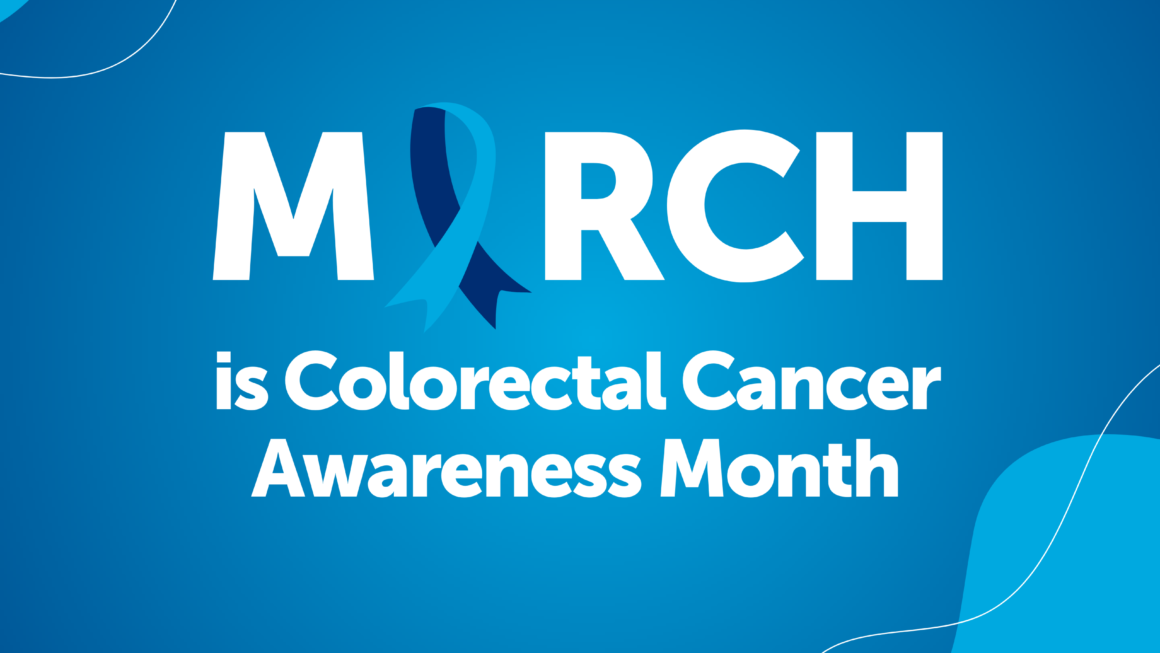Image by Colorectal cancer alliance
Cancer. The word cancer is gut-wrenching, fear-induced, and just plain unfathomable and unexplainable. This disease has painstakingly taken so many loved ones, young and old. Sadly, each year about 150,000 Americans are diagnosed with this disease and more than 50,000 die.
Colorectal cancer, or CRC, is a disease of the colon or rectum, which are parts of the digestive system. Unlike most cancers, CRC IS OFTEN preventable with screening and highly treatable when detected early!
Screenings should start as early as 45 years old and are the #1 way to prevent it! Make sure to be on time with annual screenings and important factors such as high-risk, including genetics and family history, screening methods, and common symptoms.
Certain condition may have higher risk factors of developing colorectal cancer:
· Inflammatory bowel diseases such as Crohn’s disease or ulcerative colitis
· Personal family history of colorectal cancer or colorectal polyps
· Genetic syndrome such as familial adenomatous polyposis (FAP) or hereditary non-polyposis colorectal cancer (Lynch syndrome)
Common symptoms are:
· Blood in or on stool
· Persistent unusual bowel movements like constipation or diarrhea
· Stomach pain, aches, or cramps that don’t go away
· Losing weight for no reason
A few different types of screenings may include, but are not limited to:
1. Colonscopy – a thin, flexible tube with a camera looks inside your colon and rectum. The doctor will search for anything abnormal and remove polyps, which are growths that can turn into cancer. Most colonoscopies are done with the patient under sedation. They should be completed at least every ten years, but could be more often depending on the patient’s risk factors for a Colonoscopy.
2. Fecal immunochemical test (FIT) – a FIT can be done in a doctors office or home. This test checks for blood in stool that can’t be seen with the naked eye. You simply take a small sample of stool and place it in the provided container or card for analysis. They will return your results to show positive or negative. If you are positive, you will need a required follow-up colonoscopy. This should be completed once a year.
3. Stool DNA test – this is an at-home test to collect stool sample and mail it to a lab for analysis. At the lab, they test your stool for DNA and blood. Both could indicate precancerous polyps or cancer. A positive test will also require a follow-up colonoscopy. This should be completed every 3 years.
References: https://www.ccalliance.org/colorectal-cancer-information/what-is-colorectal-cancer https://www.ccalliance.org/about/awareness-month
About the Author:
Julie Lin-Friss was born and raised in San Jose. She’s been an athlete her whole life, and has participated in school sports, outside clubs, and martial arts. She decided to pursue a career in fitness and wellness, after a 7-year stint in the corporate finance world. She is a Certified AFAA Instructor, and has taught multiple group fitness classes for over a decade. She’s taught kickboxing, boot camp, HIIT, core strengthening, Pound, and self-defense. She is also a 5th degree black belt in Taw Kwon Do. She loves to cook, knit, crochet, craft, shop, travel, beach walks, and hiking with her husband, two teenage boys, and two dogs, Mushu & Mochiko.



